Ai Weiwei exhibit will displace Washington Square Christmas tree this holiday
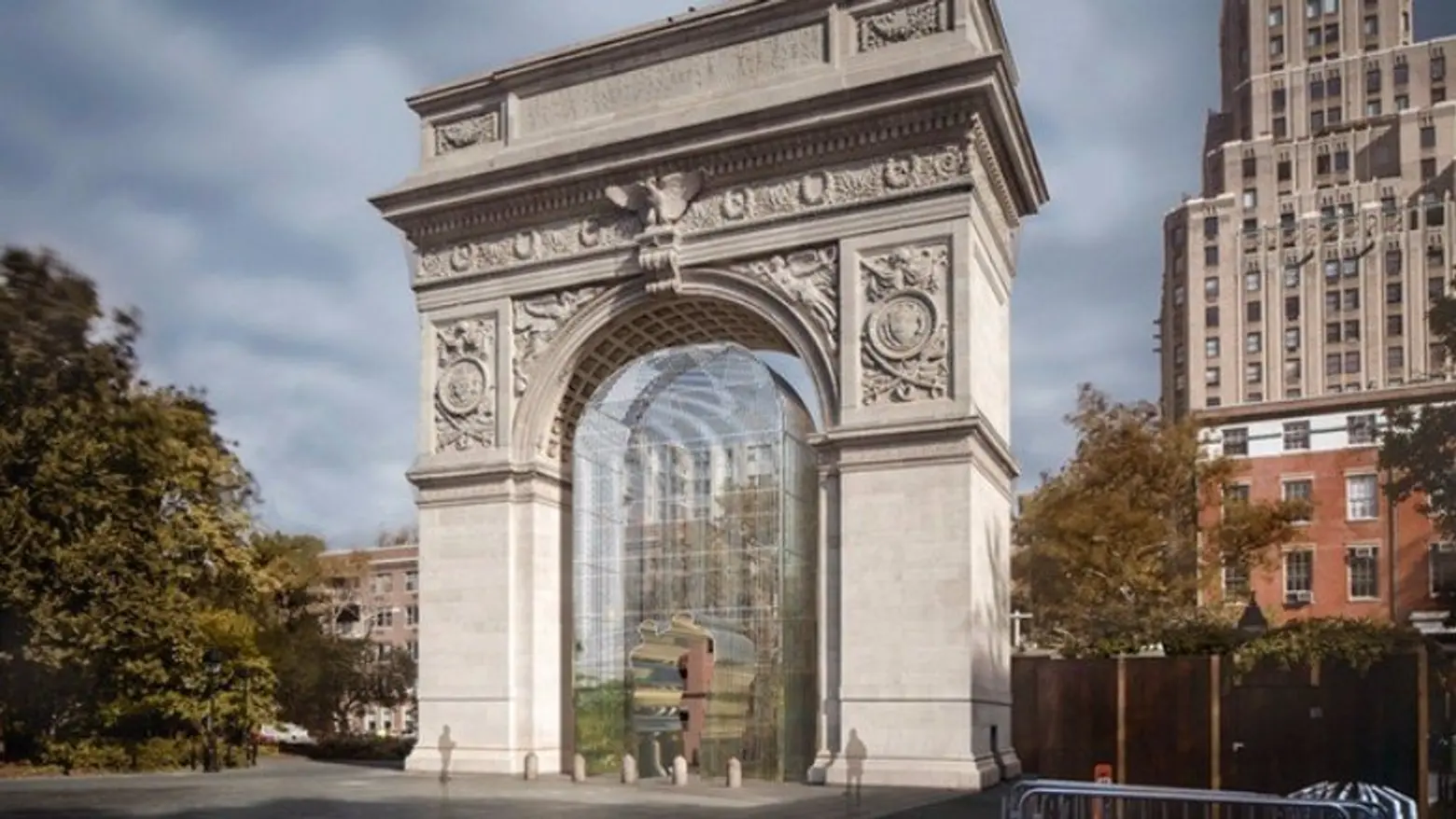
Ai Weiwei’s installation will be underneath the Washington Square Arch beginning this October, rendering via Ai Weiwei and Public Art Fund
An art installation from internationally acclaimed artist-activist, Ai Weiwei, will be displayed at the same time as the Christmas tree underneath the Washington Square Arch this year, displacing the tree, which has been a holiday tradition since 1924. The exhibit serves as one part of the famed Chinese artist’s larger project, “Good Fences Make Good Neighbors,” which will feature ten large fence-themed works and more than 90 smaller installations across the five boroughs. As Bedford + Bowery learned, the plan is moving forward, despite objections from the Washington Square Association, who sought an appeal to have the project withdrawn because it will disrupt the usual holiday celebration, the second oldest tree lighting ceremony in New York City.
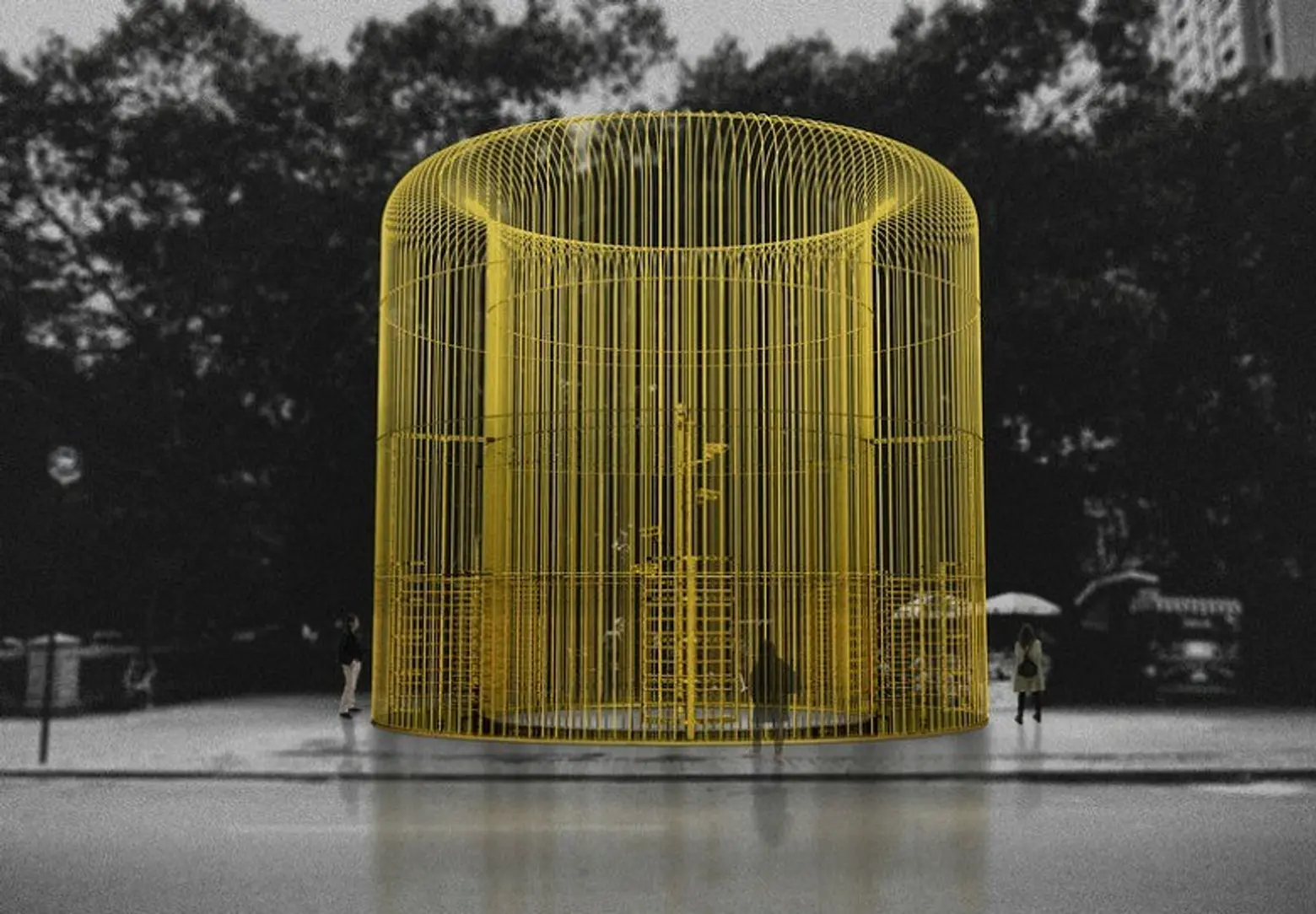
Ai Weiwei: Good Fences Make Good Neighbors, rendering courtesy of the Public Art Fund
Commissioned by the Public Art Fund to celebrate its 40th anniversary, Ai Weiwei’s exhibition came as a result of the current international migration crisis and “sociopolitical battles” in the United States and around the world. The metal-wire fences of the multi-site project serve as symbols of both the literal manifestation of real fences and the metaphorical meaning of separatism and division. In partnership with many city sites, like markets, parks and bus shelters, the installation will be on display from October 12, 2017, until February 11, 2018.
According to the artist, who immigrated to New York in the 1980s, “The fence has always been a tool in the vocabulary of the political landscaping and evokes associations with words like ‘border,’ ‘security,’ and ‘neighbor,’ which are connected to the current global political environment,” Weiwei said. “But what’s important to remember is that while barriers have been used to divide us, as humans we are all the same.”
While the art installation is meant to draw attention to the current migration crisis, some New Yorkers are less than thrilled with the exhibit planned for underneath the Washington Square Arch. The Washington Square Association attempted to have the project withdrawn from the spot since it would take the place of the 45-foot Christmas tree, which has sat there every holiday season since Dec. 24, 1924. However, members of Community Board 2 decided with a 26-8 vote on Tuesday to allow Weiwei’s work to be installed under the arch. However, the Community Board 2 requested the Public Art Fund help find an alternative location for the tree and have it cover any incremental costs for its new placement.
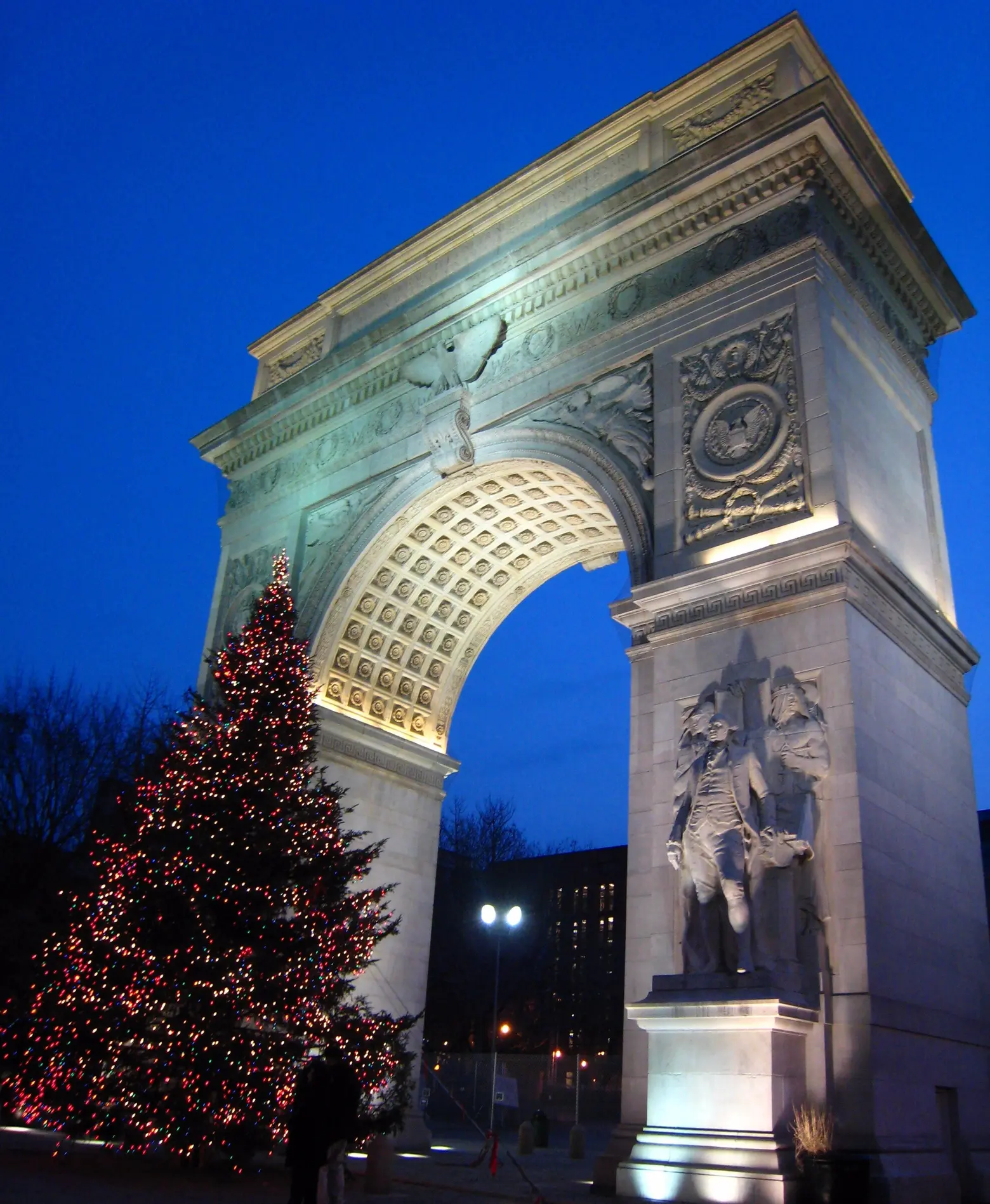
The Christmas tree underneath the Arch has been a holiday tradition since 1924, photo Wikimedia
Trevor Sumner, president of the Washington Square Association, said the Public Art Fund waited too long to present the plan, revealing the idea to the association on Sept. 6. He told Bedford + Bowery: “I think they intentionally held the project [until Sept. 6] so we couldn’t have a meaningful discussion of it. All of that [waiting] was to intentionally short-circuit the process so they got what they want.”
Sumner also said he’s upset about the length of the installation in the park, which will total about four months. “It’s the second oldest tree lighting in the city,” Sumner said. “Ninety-four years running…you’re not going to be able to see it down Fifth Avenue, that iconic view that people enjoy. The tree’s going to be hidden this year.”
The Public Art Fund first launched a Kickstarter campaign in August to garner support for the massive project and had a goal of raising $80,000 in a month. By this week, over $96,000 was raised. “Good Fences Make Good Neighbors” will be Ai Weiwei’s largest and most ambitious public art installation to date.
[Via Bedford + Bowery]
RELATED:
Interested in similar content?
Leave a reply
Your email address will not be published.
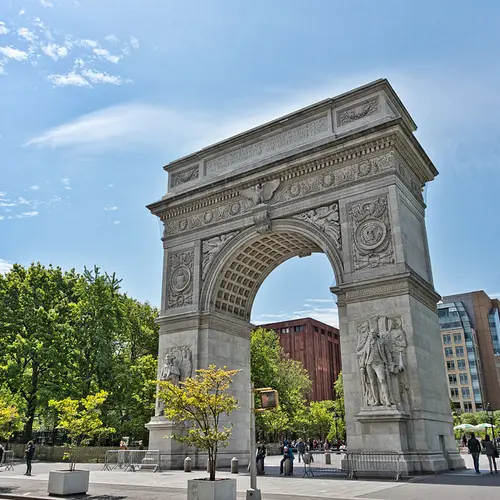
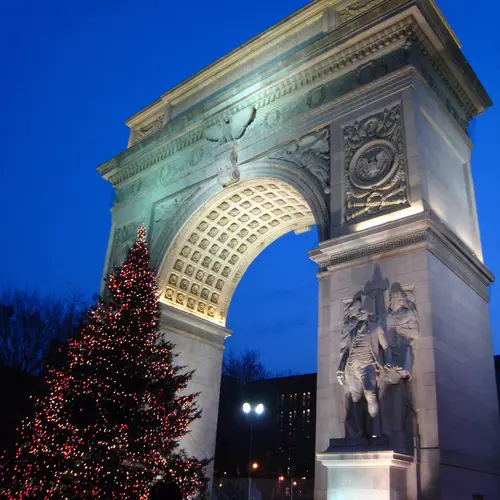
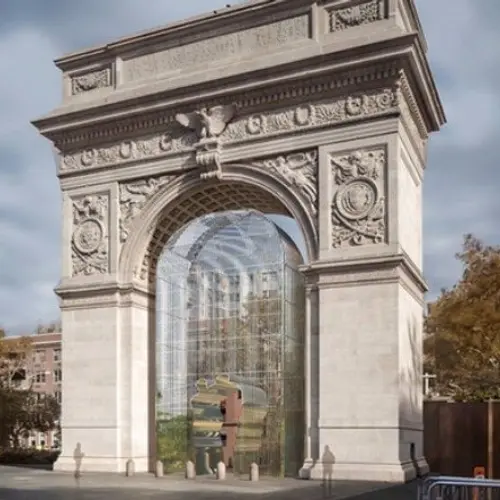




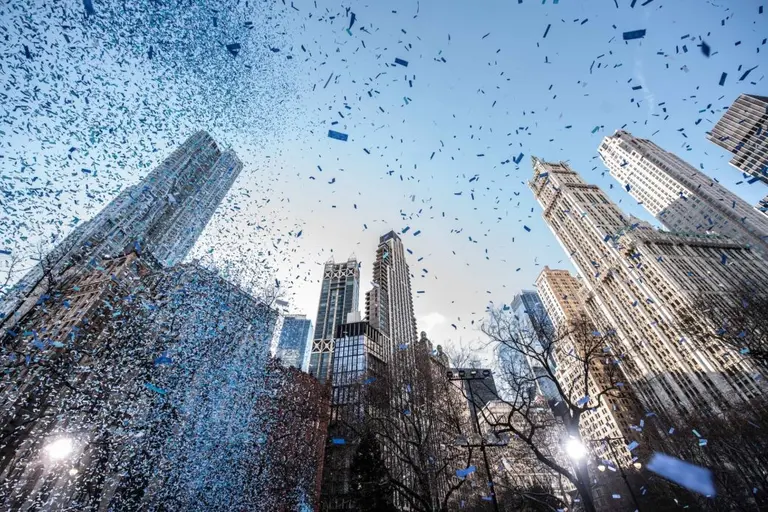










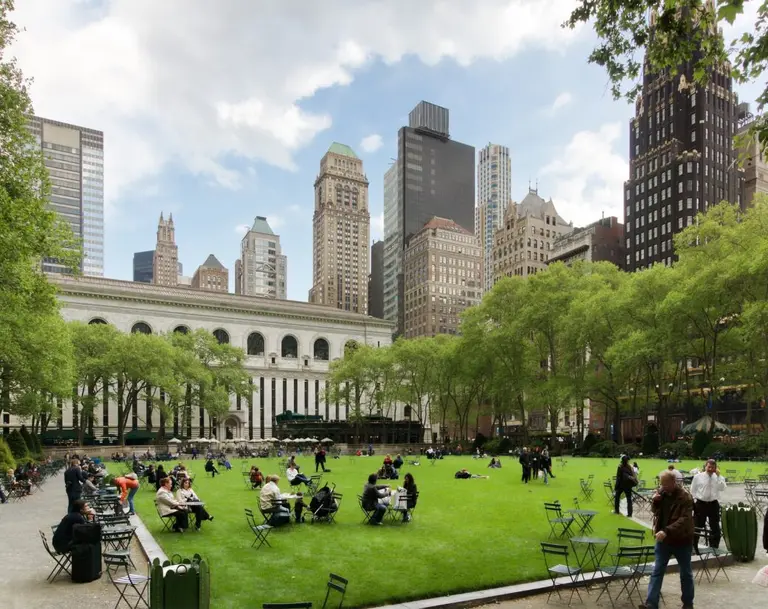

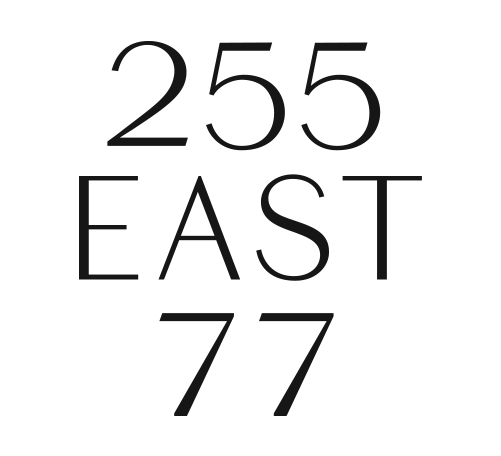











Rather ironic, isn’t it? Why be deliberately provocative with an art installation ostensibly focused on unity rather than division?